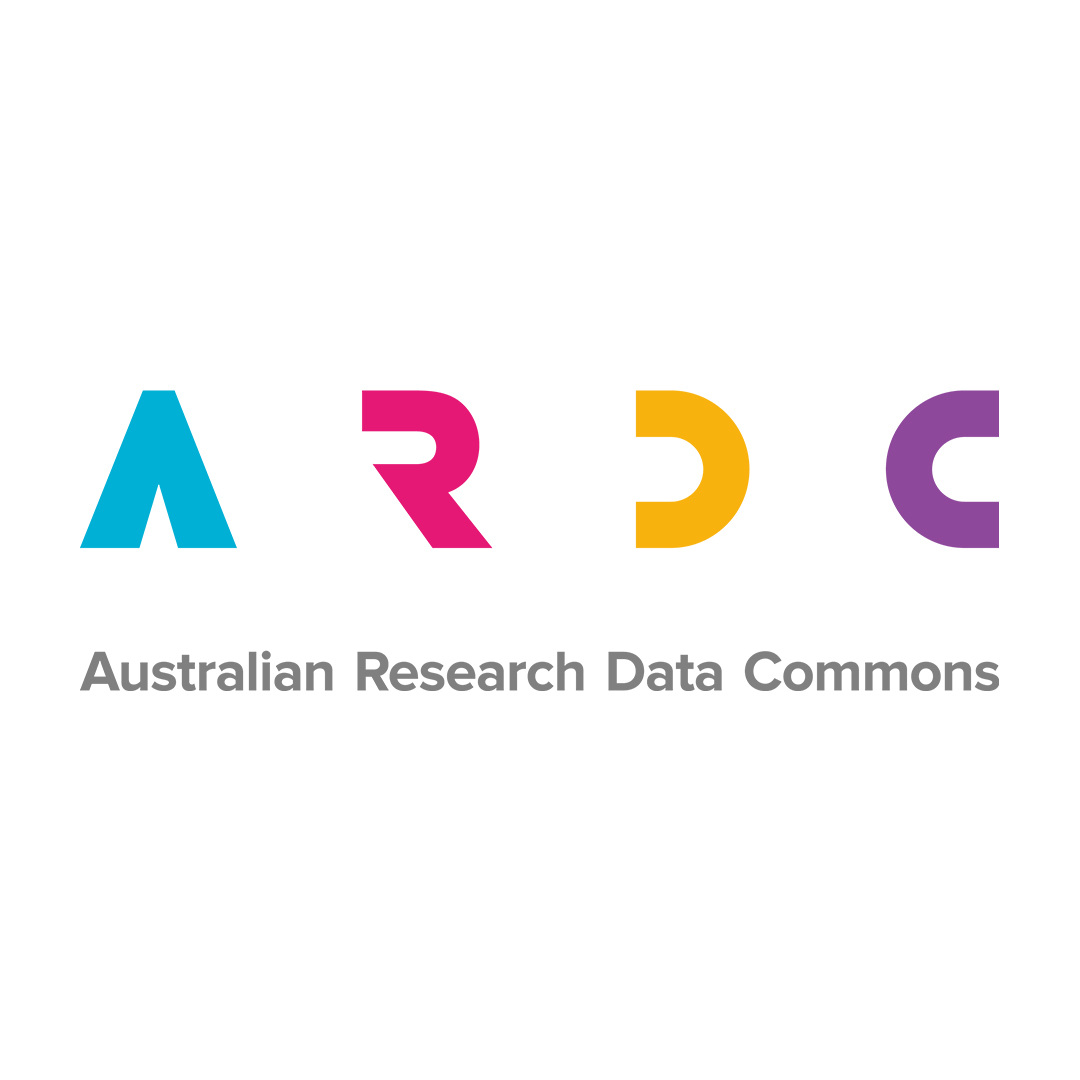Full description
The aim of this study is to understand whether or not treatment with Probucol supports cognitive function in participants with MCI/mild-dementia due to AD. The trial is specifically designed to provide evidence that treatment with Probucol may slow the decline of cognitive ability and functional state. The presence of cognitive impairment will be assessed using neuro-cognitive assessments. Participants will be randomly assigned to one of two groups, group 1 (placebo) or group 2 (treatment). This is a double-blind trial meaning the participant and study doctor will not be aware which group the participant has been randomised to. The study will be 104 weeks in duration (2 years). Participants will be required to take one tablet a day (with food) for the first three weeks, and then two tablets a day (morning and night, with food) for the remainder of the trial. During the screening/pre-baseline phase participants will be asked about their medical history, complete a physical and neurological examination, an Electrocardiogram (ECG), and a blood test. Participants will also complete Neuro-cognitive assessments (memory and thinking tasks), as well as a Magnetic Resonance Imaging (MRI) scan and/or a Positron emission tomography (PET) scan. During the treatment phase, participants will be required to visit the study doctor on 10 separate occasions (once a week for the first 3 weeks, and then at approximately 3 monthly intervals). Each visit will involve a health and safety assessment. Neuro-cognitive assessments will also be conducted at week 26 (6 months), 52 (12 months), and 78 (18 months). A blood sample will also be taken at each visit. At completion of the treatment phase (week 104), participants will recomplete the Neuro-cognitive assessments, MRI and/or PET scan, and provide a final blood sample. During the course of the trial, participants will be required to nominate a 'study partner' (spouse/partner/carer). The study partner will need to attend at least one screening visit. In addition, study partners should make themselves available by phone or preferably in person, to provide information to the study as required. Participants will need to identify a study partner to be eligible to take part in this study.Notes
HeSANDA 1.0.0Issued: 2023
Spatial Coverage And Location
text: Australia
User Contributed Tags
Login to tag this record with meaningful keywords to make it easier to discover
Other Information
Identifiers
- DOI : 10.25917/3FY5-AJ30



